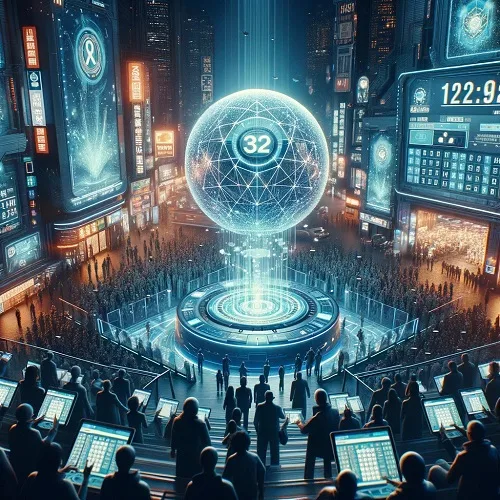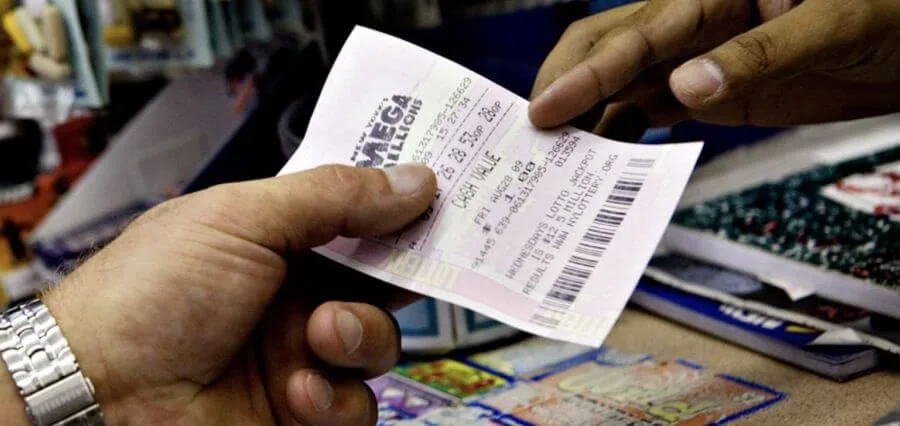The Future of Lottery: Navigating Technological Transformations

The lottery, a game of chance that has fascinated societies for centuries, is on the brink of a major transformation, fueled by rapid technological advancements. This evolution promises to reshape the way we think about and participate in lottery games.
The Evolution of Lottery to Present Day
Historically, lotteries have served various purposes, from funding public projects in ancient times to becoming a popular form of entertainment and gambling in the modern era. The transition from physical tickets to online platforms marks a significant shift, reflecting broader technological trends that have impacted the lottery industry.
Adapting to Digital Platforms
With the advent of the internet and digital technology, lotteries have increasingly moved online, offering greater convenience and accessibility. This digital shift has not only expanded the reach of lottery games but also introduced new possibilities for innovation and engagement.
Technological Appropriateness and Visionary Advances
While some may argue that the lottery was technologically suitable for its time, it’s clear that the sector has always had a forward-looking approach. Early adoption of online platforms and digital draw technologies demonstrated the lottery’s readiness to embrace technological advancements.
Pushing the Boundaries
The integration of advanced technologies such as blockchain and AI in lottery operations is evidence of the industry’s vision. These technologies promise to enhance transparency, fairness, and security, aligning with the evolving expectations of participants.
Future-Proofing the Lottery
As we look ahead, the continued integration of cutting-edge technologies is essential for the lottery to remain relevant and appealing to a tech-savvy generation. The focus on innovation will likely drive further changes, making the lottery more interactive and immersive.
Contemporary Changes in the Lottery Landscape
The lottery has already undergone significant changes in our time, reflecting broader technological and social trends. Online ticket sales, digital draws, and mobile applications have revolutionized the way people participate in lottery games.
Enhancing Participant Experience
Technological innovations have made lottery games more accessible and convenient, offering real-time updates and participation from anywhere. This shift towards digital platforms has also enabled the introduction of new game formats and interactive features.
Embracing Social and Mobile Gaming Trends
The rise of social and mobile gaming has influenced the lottery, leading to the development of lottery-related apps and games that offer a more engaging and interactive experience. These platforms leverage the social aspect of gaming to attract a younger audience.
Security and Trust in the Digital Era
Advancements in digital security technologies have addressed concerns regarding the integrity and fairness of online lottery games. The implementation of blockchain, for example, offers a transparent and tamper-proof system for conducting draws and recording transactions.

Public Perception of Technological Changes
The public’s reception to these technological changes has been mixed. While many appreciate the convenience and innovation that technology brings to the lottery, others express concerns over security and the loss of the traditional lottery experience.
Adapting to Change
Despite initial reservations, the adoption of technological innovations in the lottery is growing. The key to successful integration lies in educating participants about the benefits and security measures of digital platforms, ensuring a smooth transition from traditional to modern lottery experiences.
The Future Prospects of Lottery Technology
Looking ahead, the intersection of technology and lottery holds immense potential. The integration of AI, blockchain, and other emerging technologies is expected to redefine the lottery, making it more secure, fair, and engaging for participants.
Innovating for Engagement and Growth
As we navigate these changes, the focus will be on creating a more interactive and personalized lottery experience. From virtual reality lottery draws to AI-driven personalization, the future of the lottery is bright, promising a new era of engagement and excitement for players.
